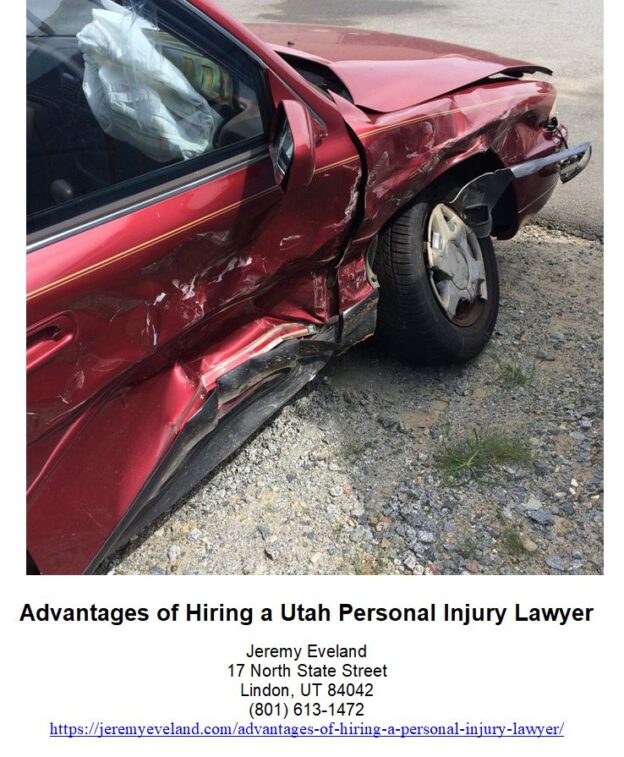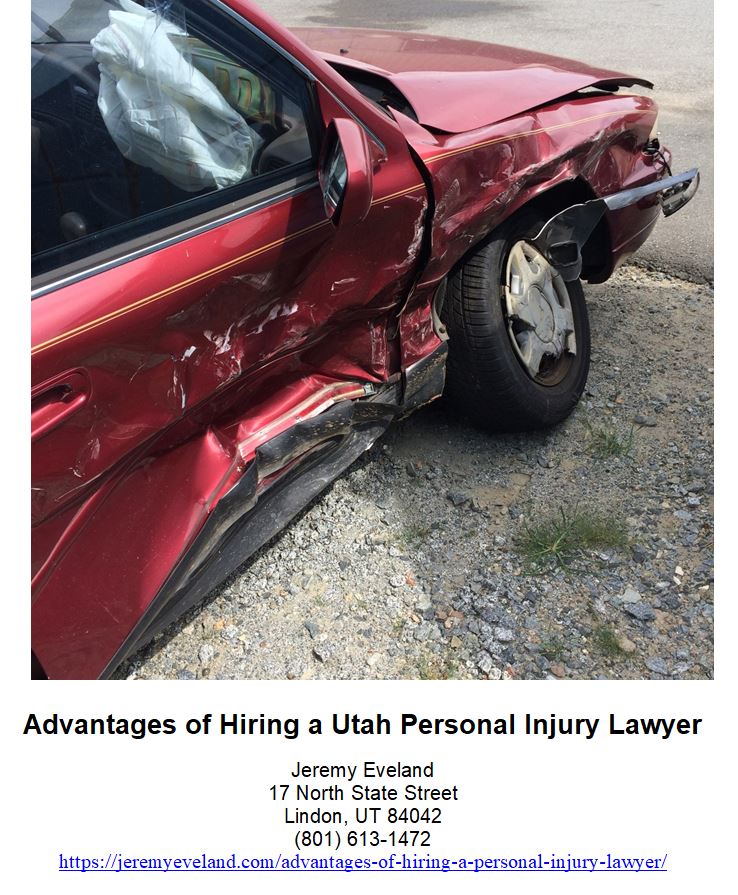Are you currently going through a divorce and feeling overwhelmed by the legal process? Look no further! In this article, we will explore the world of divorce mediation processes and how they can provide a more collaborative and amicable approach to ending your marriage. We understand that divorce can be a difficult and emotional time, and our aim is to guide you through the legal aspects while providing reassurance and support. From addressing common legal concerns to optimizing our content for search engines, we have you covered. So, take the first step towards a smoother divorce journey and reach out to our experienced attorney. Don’t hesitate, let us help you navigate this challenging time.
Benefits of Divorce Mediation
Divorce can be a difficult and emotionally challenging process. However, opting for divorce mediation can help alleviate some of the stress and tension. Mediation offers numerous benefits compared to traditional divorce litigation. Here are some key advantages of choosing divorce mediation:
Less adversarial
Divorce mediation is known for fostering a less adversarial and confrontational environment compared to going to court. In mediation, both parties work together with a neutral third-party mediator to find mutually agreeable solutions. This cooperative approach helps reduce hostility and encourages open communication, allowing for a more amicable resolution.
More cost-effective
Traditional divorce litigation can become incredibly expensive, with attorney fees and court costs quickly adding up. On the other hand, divorce mediation tends to be more cost-effective. By avoiding lengthy court battles, you can save significant amounts of money. Mediation typically involves fewer billable hours, making it a more financially viable option for many couples.
Quicker resolution
One of the biggest advantages of divorce mediation is the potential for a quicker resolution. Court proceedings can stretch on for months or even years, leading to prolonged stress and uncertainty. In contrast, mediation sessions tend to be more efficient, allowing couples to reach agreements in a shorter timeframe. This speedier process enables you to move forward with your life sooner, avoiding lengthy legal battles.
Confidentiality
Confidentiality is another significant benefit of divorce mediation. Unlike court proceedings, which are public record, mediation sessions are confidential. This means that sensitive information and discussions shared during mediation remain private. Confidentiality allows both parties to freely express their concerns and work towards a resolution without fear of public exposure.
Choosing a Divorce Mediator
Selecting the right divorce mediator is crucial to ensuring a successful mediation process. Here are some factors to consider when choosing a divorce mediator:
Qualifications and experience
When researching potential mediators, it’s essential to consider their qualifications and experience. Look for mediators who have received proper training in divorce mediation and hold relevant certifications. Additionally, opt for mediators who have extensive experience in handling divorce cases. A seasoned mediator will have the necessary skills and knowledge to guide you through the process effectively.
Neutral and impartial
A good divorce mediator should maintain neutrality and impartiality throughout the mediation process. They should not favor one party over the other or attempt to sway the outcome in anyone’s favor. Neutrality ensures fairness and fosters an atmosphere of collaboration. When choosing a mediator, ensure that they are firmly committed to remaining neutral.
Compatibility with both parties
Compatibility is crucial in any professional relationship, including the one you have with your divorce mediator. You should feel comfortable working with your mediator and believe that they understand your needs and concerns. During initial consultations, take note of how well you communicate with the mediator. A good rapport can significantly contribute to the success of mediation.
Good communication skills
Effective communication is at the core of successful divorce mediation. A mediator with excellent communication skills can help facilitate productive discussions and ensure both parties are heard. Look for a mediator who actively listens, asks clarifying questions, and effectively conveys information. Strong communication skills help create a trusting and transparent atmosphere during mediation sessions.

Preparing for Divorce Mediation
To make the most of your divorce mediation sessions, it is crucial to prepare adequately. Here are some steps to take before entering mediation:
Gathering financial documents
As divorce often involves the division of assets and liabilities, it is important to gather all relevant financial documents. These may include bank statements, tax returns, mortgage statements, credit card statements, and investment account statements. Having this information readily available will help you and your mediator accurately assess your financial situation and work towards a fair settlement.
Identifying key concerns
Take some time to reflect on your priorities and concerns regarding the divorce. Consider what matters most to you, whether it’s child custody, property division, or spousal support. By identifying your key concerns, you can effectively communicate them during mediation and work towards finding mutually agreeable solutions.
Considering children’s needs
If children are involved, it is crucial to consider their needs and well-being throughout the mediation process. Reflect on what you believe is in their best interest, and be prepared to discuss parenting plans, visitation schedules, and any other child-related matters. Keeping the children’s needs as a priority will help guide the mediation process and ensure their well-being is taken into account.
Setting goals
Before entering mediation, it can be helpful to set specific goals for yourself. What outcomes would you like to achieve? Are there any non-negotiables? Setting clear goals allows you to focus your efforts during mediation sessions, ensuring that you work towards achieving the results that are most important to you.
The Role of the Mediator
During the divorce mediation process, the mediator plays a crucial role in facilitating communication and guiding the negotiation process. Here are some key responsibilities of a divorce mediator:
Facilitating communication
One of the primary roles of a divorce mediator is to facilitate communication between the parties involved. Mediators create a safe and structured environment for both parties to voice their concerns, express their perspectives, and actively listen to each other. Skilled mediators use various techniques to encourage productive dialogue and ensure that both parties feel heard and understood.
Ensuring fairness
Mediators have the responsibility to ensure fairness throughout the mediation process. They help create a level playing field by acknowledging and addressing power imbalances between the parties. By maintaining neutrality and impartiality, mediators can ensure that neither party is disadvantaged or feels coerced into an agreement.
Managing power dynamics
In some cases, power dynamics can arise during divorce mediation. A skilled mediator is trained to recognize and address power imbalances or intimidation tactics during the sessions. They work to ensure that both parties have equal opportunities to participate in the conversation and that no one is dominating or controlling the process.
Guiding the negotiation process
The mediator’s role also involves guiding the negotiation process. They help parties identify common interests, explore potential solutions, and find compromises that satisfy both parties. Mediators use their expertise to help generate options, evaluate pros and cons, and assist in drafting a comprehensive agreement that addresses all relevant issues.
Opening Session
The opening session of divorce mediation sets the stage for the entire process. Here’s what to expect during the opening session:
Introductions
The opening session typically begins with introductions. The mediator will introduce themselves and explain their role in the mediation process. Each party will also have the opportunity to introduce themselves and briefly share their goals and concerns. Establishing a welcoming and respectful atmosphere during introductions helps set a positive tone for the remainder of the sessions.
Establishing ground rules
During the opening session, the mediator will establish ground rules that all parties are expected to adhere to. These rules may include guidelines for respectful communication, confidentiality expectations, and any other specific protocols that will facilitate a productive mediation process. Clear ground rules help ensure that the mediation sessions are conducted in a fair and structured manner.
Defining issues to be addressed
In the opening session, the mediator will work with the parties to define the issues that need to be addressed during the mediation process. This may include topics such as property division, spousal support, child custody, and visitation rights. Identifying the scope of the issues helps focus the mediation discussions and ensures that all relevant matters are considered.
Setting the agenda
Once the issues have been defined, the mediator will assist in setting the agenda for the subsequent mediation sessions. The agenda outlines the specific topics that will be addressed in each session, ensuring that the process remains organized and efficient. Setting the agenda helps manage time effectively and allows for progress to be made towards reaching an agreement.
Information Gathering
In divorce mediation, information gathering is a crucial step in understanding the financial and personal aspects of the divorce. Here’s what you can expect during the information gathering phase:
Sharing financial information
Both parties are expected to disclose financial information during the information gathering phase. This includes providing details about income, expenses, assets, and debts. Transparent financial disclosures help both parties and the mediator gain a comprehensive understanding of the financial landscape, enabling informed decision-making throughout the mediation process.
Identifying assets and debts
As part of the information gathering process, the parties will identify and document all assets and debts. This may include real estate, retirement accounts, investments, bank accounts, credit card debts, mortgages, and other liabilities. Accurately identifying and valuing assets and debts allows for fair and equitable division during mediation.
Assessing income and expenses
Understanding each party’s income and expenses is essential to determining factors such as spousal support and child support. Parties will share information about their sources of income, employment status, and recurring expenses. This information is crucial in evaluating financial capabilities and determining a fair distribution of financial responsibilities.
Understanding child-related matters
If children are involved, the information gathering phase will also focus on understanding child-related matters. Parties will discuss details such as their children’s schedules, educational needs, medical requirements, and extracurricular activities. By understanding the children’s needs and desires, the mediation process can focus on finding mutually beneficial solutions that prioritize the well-being of the children.

Generating Options
Once the necessary information has been gathered, the next phase of divorce mediation involves generating options and exploring potential solutions. Here’s how this phase unfolds:
Brainstorming ideas
During the option generation phase, parties are encouraged to brainstorm ideas and propose various solutions to the issues at hand. This open and creative approach allows for innovative and unique proposals that may not have been considered otherwise. Both parties should be open-minded and willing to explore different options without immediately dismissing them.
Exploring creative solutions
Divorce mediation offers the opportunity to think outside the box and explore creative solutions that may not be available in a court setting. Mediators often encourage parties to consider non-traditional options and explore alternatives that meet both parties’ needs. The goal is to find win-win solutions that address the concerns of both parties effectively.
Considering different scenarios
Parties may also be asked to consider different scenarios to understand the potential consequences of their proposed solutions. Through hypothetical scenarios, the parties can assess the viability and sustainability of their proposed agreements. By evaluating various scenarios, parties can make informed decisions that consider the short-term and long-term implications of their choices.
Evaluating pros and cons
Throughout the option generation phase, it is essential to carefully evaluate the pros and cons of each proposed solution. Mediators assist parties in discussing and assessing the merits and drawbacks of different options. This objective evaluation helps parties make informed decisions and choose options that align with their priorities and goals.
Negotiation and Agreement
Once options have been explored and evaluated, the negotiation phase commences. Here’s what to expect during the negotiation phase of divorce mediation:
Prioritizing issues
Negotiation in divorce mediation typically begins by prioritizing the issues identified earlier in the process. Parties, with the help of the mediator, determine which issues are most crucial to address first. By prioritizing, the negotiation can focus on resolving the most significant concerns, ensuring that the most critical matters are dealt with satisfactorily.
Negotiating terms
During the negotiation phase, parties engage in direct discussions to negotiate the terms of their divorce agreement. This may include discussing the division of assets, spousal support, child custody, and visitation arrangements. Parties are encouraged to communicate their preferences and actively engage in finding common ground. The mediator facilitates these discussions to ensure that negotiations are productive and constructive.
Finding compromises
Divorce mediation often requires finding compromises that satisfy both parties. Negotiation involves give-and-take, and parties may need to make concessions to reach an agreement. The mediator plays a crucial role in helping parties identify areas of potential compromise and guiding them towards mutually acceptable solutions. The focus is on finding a fair and balanced resolution that meets the needs of both parties and promotes long-term cooperation.
Drafting a comprehensive agreement
Once negotiations have concluded, the mediator helps draft a comprehensive agreement that encompasses all the terms and conditions agreed upon by the parties. The agreement serves as a formal document that outlines the details of the divorce settlement. Parties should review the agreement carefully to ensure that it accurately reflects their intentions and desires. The mediator may also recommend that parties seek legal advice to evaluate the agreement before finalizing it.

Review and Finalize
Before finalizing the divorce mediation process, there are a few essential steps to complete. Here’s what to expect during the review and finalization phase:
Seeking legal advice
It is highly recommended that both parties seek legal advice before finalizing the divorce agreement. An attorney can review the agreement and ensure that it protects your rights and interests. Legal advice provides valuable insights and ensures that the agreement is legally enforceable and comprehensive.
Reviewing the agreement
Both parties should review the draft agreement carefully to ensure that it accurately reflects their intentions and agreements. Attention to detail is crucial during this phase, as any oversights or misunderstandings can cause complications in the future. If there are any concerns or clarifications needed, it is essential to address them promptly with the mediator.
Making necessary revisions
If any revisions or modifications are required after the review, parties can work with the mediator to make the necessary changes. Mediators are skilled at facilitating revisions and ensuring that both parties’ concerns are adequately addressed. Open communication and a willingness to collaborate are essential during this phase to finalize an agreement that all parties are satisfied with.
Obtaining final signatures
Once all parties are content with the revised agreement, the final step is to obtain their signatures. Signatures indicate that both parties have reviewed and consented to the terms outlined in the agreement. The mediator will ensure that all parties are provided with copies of the signed agreement for their records.
Frequently Asked Questions
What is the role of a divorce mediator?
A divorce mediator is a neutral third-party who facilitates communication and helps divorcing couples reach agreements outside of court. Their role is to guide the negotiation process, ensure fairness, and manage power dynamics. Additionally, mediators assist in drafting a comprehensive agreement that reflects the decisions made by both parties.
How long does the mediation process usually take?
The duration of the mediation process varies depending on the complexity of the issues and the willingness of the parties to cooperate. On average, divorce mediation can take several sessions spanning a few weeks to a few months. The flexibility of the process allows for a more efficient resolution compared to traditional litigation.
Can I bring my attorney to divorce mediation?
While it is not required to have an attorney present during mediation, you have the option to consult with an attorney before and/or after the mediation process. Your attorney can provide legal advice, review any agreements, and ensure that your rights and interests are protected. Working together with an attorney and a mediator can provide comprehensive guidance and ensure a fair outcome.

